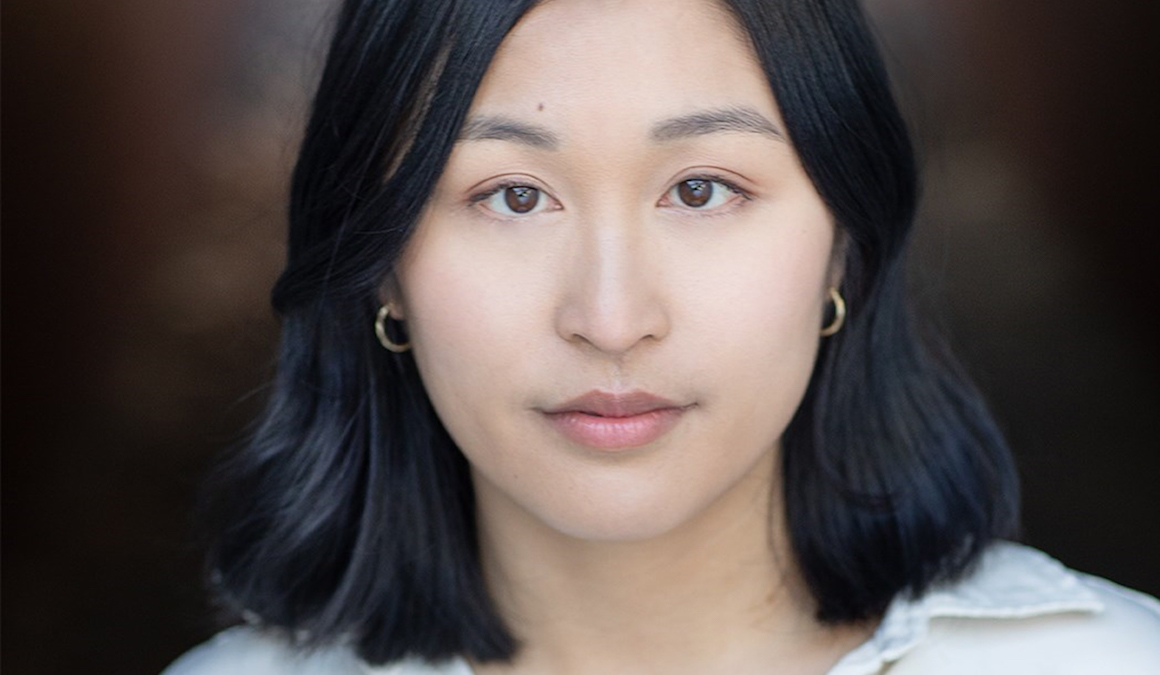Melbourne-based actor and playwright Vivian Nguyen was profoundly affected by COVID-19 from the moment theatre venues slammed doors shut early last year.
“I had just finished doing a season of a show [the highly-acclaimed What Every Girl Should Know by US playwright Monica Byrne] when the lockdown started,” Nguyen says. “After that, nothing happened in performing arts for a long time. I found it difficult to grapple with the situation.”
In between Victoria’s lengthy periods of lockdown, Nguyen returned to the stage but found performing live a challenge. “I did a show straight after coming out of (one) lockdown and it was very hard. Being in the rehearsal room was amazing but my body was not ready for something so physically intense.
“I threw up during the rehearsal and noticed everyone else also having a hard time because they were mentally drained. Our bodies are still recovering and adjusting to everyday life.”
Even though Nguyen, one of the She Writes resident writers at Melbourne’s Theatre Works, avoids making the pandemic the central theme of her authorship, as a playwright she’s been heavily influenced by the circumstances created by it. “We saw so many people being left behind during this pandemic, such as middle-aged workers and high school students. I’ve been hearing stories about how people’s lives have been affected. I’m working on a play in which these stories are collated into vignettes.”
Nguyen has found that joining online writing programs, staying creative and receiving feedback on her work has helped her get through this time.
“Melbourne went through (numerous) major lockdowns and staying at home made me restless. I tried to stay committed to my art by reading and writing a lot,” she says.
“Despite the negativity surrounding our circumstances, there’s a silver lining to my experience. I used this opportunity to work on my writing game. I produced a play [Thin Threads] and sent it to Playwriting Australia, which got picked up as part of their program.”
Building a financially stable career as an artist is a challenging task, and many have to work part-time or casual jobs for a regular stream of income. With a steady gig in retail, Nguyen counts herself as one of them. “It’s very difficult to get paid work as an emerging actor. You often work for free or little money to get your foot in the industry,” she says.
“On top of that, there are so many other factors that can affect your work as an actor like your age, voice or height. It doesn’t matter even if you’re really talented. It’s all subjective.”
Through her part-time job, Nguyen has been eligible for JobKeeper payments. Yet as an artist, she receives no direct support from the government. “There were all these announcements about emergency rescue packages for the arts, but they go to a limited number of people,” she says.
“Chasing it up can be anxiety-inducing. You always have to find other ways to support and sustain your art.”
Nguyen continues, “COVID-19 has highlighted areas in our society that need work, such as health, welfare and women. All these issues are super important. But it has also pushed the arts aside, particularly local creatives and made them feel less prioritised.
“Politicians see art as non-essential but a society that doesn’t express itself loses a lot of its direction in identity. As a nation, we need art in order to interrogate who we are.”
Nguyen points out that the government’s lack of interest in supporting local arts leaves many people working in the sector struggling. “A green light has been given to many international productions and we have well-known actors arriving in the country, but unfortunately Australian productions are not receiving the same treatment.”
The increase in racism against Asian Australians from the start of the pandemic has been another serious issue of concern. “I was attacked twice this year while walking in public. One time, a man came out of nowhere and started saying vile things about me being an Asian woman, while another man cheered him on.
“No one came to help. Since then, I fear walking on my own.”
This interview article was commissioned by Diversity Arts Australia as part of the Creative Lives During Covid series, with support from Create NSW. First published in AUDREY Journal 13 September 2021

